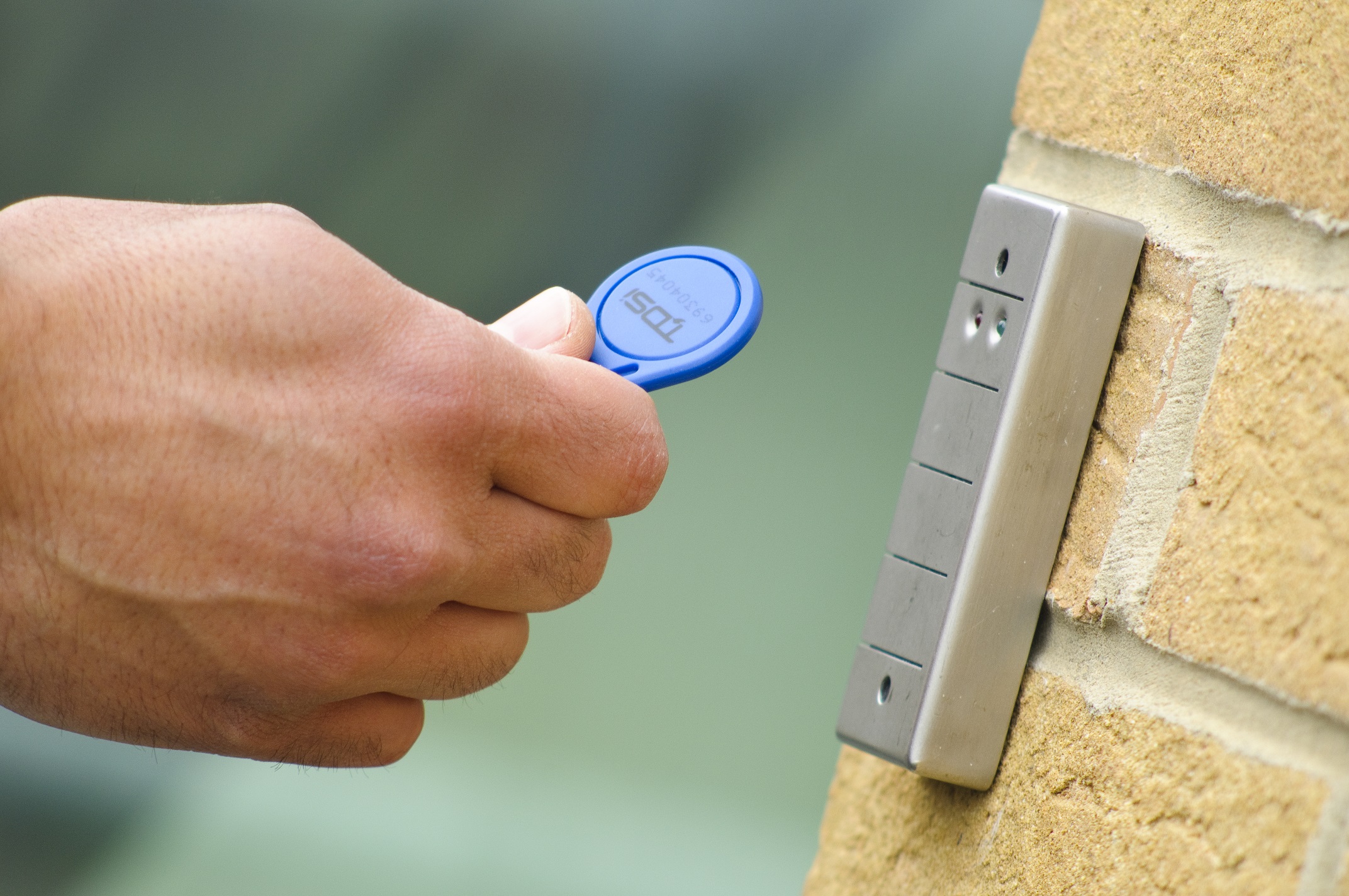Every business wants to believe it can trust its employees and in the vast majority of cases they can. But unfortunately, there can be a few employees who are tempted to abuse the trust that’s been put in them. According to figures from market and consumer data company Statista, the number of employee theft offences reported in England and Wales in 20/21 was just over 5,000. While it’s always encouraging to note downward movement in these types of figures (the previous year’s figures were just under 9,000), it’s likely this drop was mostly due to the fact that many premises were shut due to lockdown. Figures are hopefully unlikely to ever return to the levels seen in the mid 2000s when they peaked at nearly 18,000 reported incidents. But employee theft will remain an issue that businesses must be mindful of as increasing numbers of people return to their workplaces.
Could the post-pandemic situation increase the opportunity for internal theft?
There are various reasons why employees might steal from their employer: for example, job dissatisfaction or a poor working relationship that leads to a desire to cause harm to a business; taking an item because they want it for their own use; boredom coupled with a belief that they won’t be caught; or perhaps even personal financial difficulties.
And unfortunately the post-pandemic return to work might be creating some additional opportunities for employee theft so businesses need to be on their guard. The focus may have shifted more towards keeping workspaces Covid-safe rather than thinking about security issues. Work layouts may have been adjusted, therefore some of the previous security measures might need reviewing. And with turbulence in the recruitment market, there are a lot of new people starting at companies at the moment and that could potentially contribute to the problem too.
As well as the risk of theft of physical property belonging to the business or other employees, don’t forget about the theft of information too. While significantly more data is held digitally these days, sensitive or confidential information might also be stored or backed up on portable items such as USBs and external hard drives which could be taken too.
Access control and CCTV can make your premises more secure
If you’re looking at options for improving business security, you might want to consider how access control and CCTV systems could help you. Both will reduce the theft risk, acting as a deterrent and enabling you to track and manage employee movements more effectively.
- Access control systems
No matter what size premises you have, access control systems can be used to improve building safety and security. Access control enables businesses to manage who can be in their premises, at what times they can be in it and whereabouts they can go. There’s a huge range of access control systems available, spanning the basic non-integrated systems such as door keypads that require a code to be manually inputted, through to networked systems that operate using card proximity readers and biometric technology.
Access control systems have a number of advantages, acting as significant deterrents in themselves but also in many cases providing audit trails that allow you to see who was where at a certain time. If access needs to be taken away quickly, many access control systems can enable that to happen almost instantly. Access control systems can also be integrated to work with time and attendance systems and CCTV cameras, giving greater visibility of employees’ movements and improving security even more.
- CCTV systems
Installing a CCTV system is another useful way to mitigate the risk of employee theft and increase overall workplace security. Again, it has an important role to play as a deterrent but can also be used to detect any dishonest acts that are occurring in the workplace. The footage it captures can also be used to provide evidence if there’s a criminal prosecution or for any disciplinary action, including dismissal, that takes place.
There are many different types of CCTV systems on the market; a good installer will guide you towards suitable models that will provide the level of coverage you need, identify vulnerable areas where cameras should be sited and advise you about carrying out a CCTV data protection impact assessment.
The use of these systems should be framed in a positive way to your workforce, highlighting the legitimate reasons behind their introduction to ensure greater security for everyone. You must make sure that employees are aware if their actions might potentially be recorded or monitored and let them know what will happen with the information from a data protection point of view.
Get professional advice about using access control and CCTV in your organisation
If you are reviewing your company’s security arrangements and would like to learn more about access control or CCTV systems, please don’t hesitate to get in touch with us for some advice.
